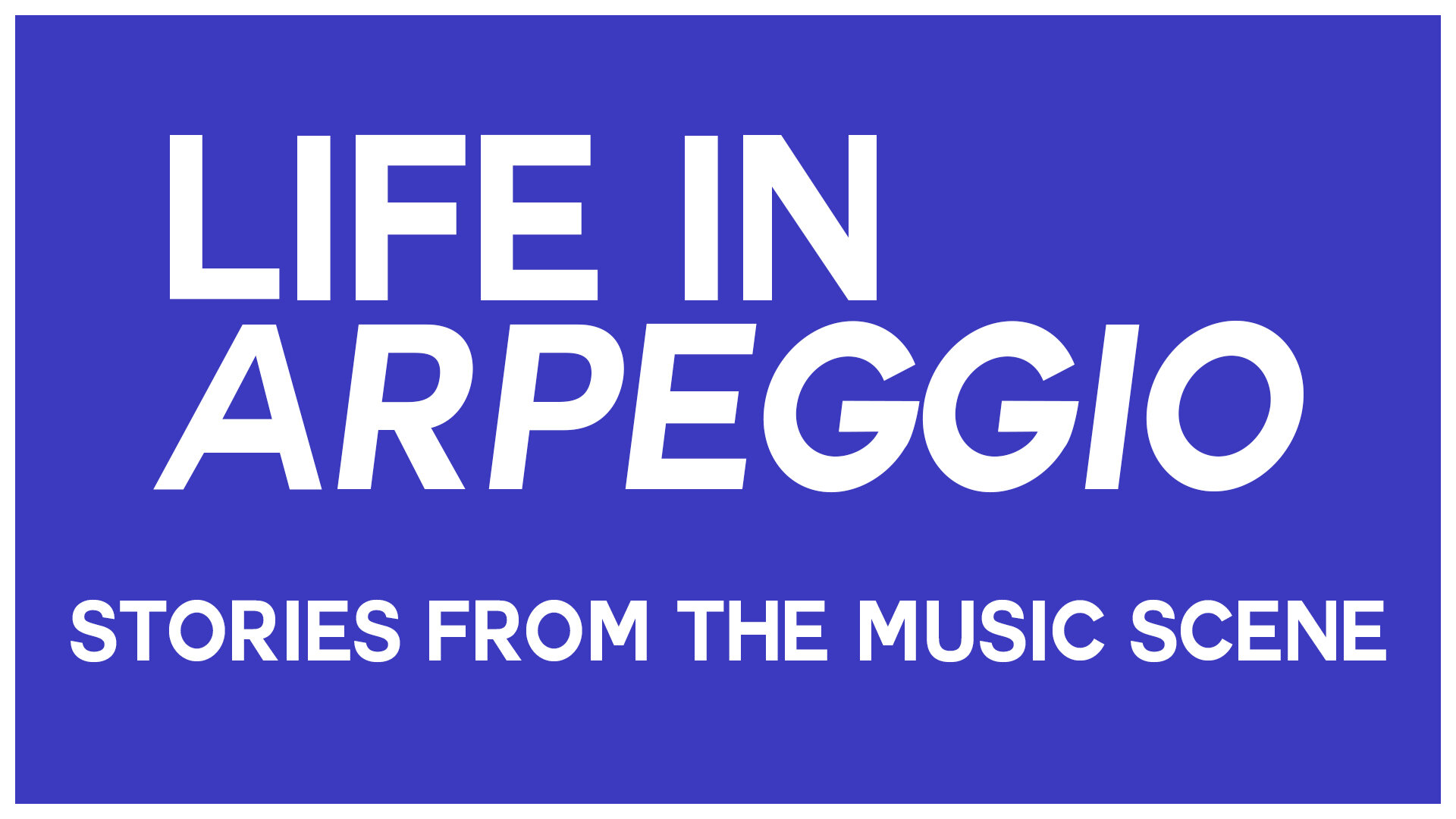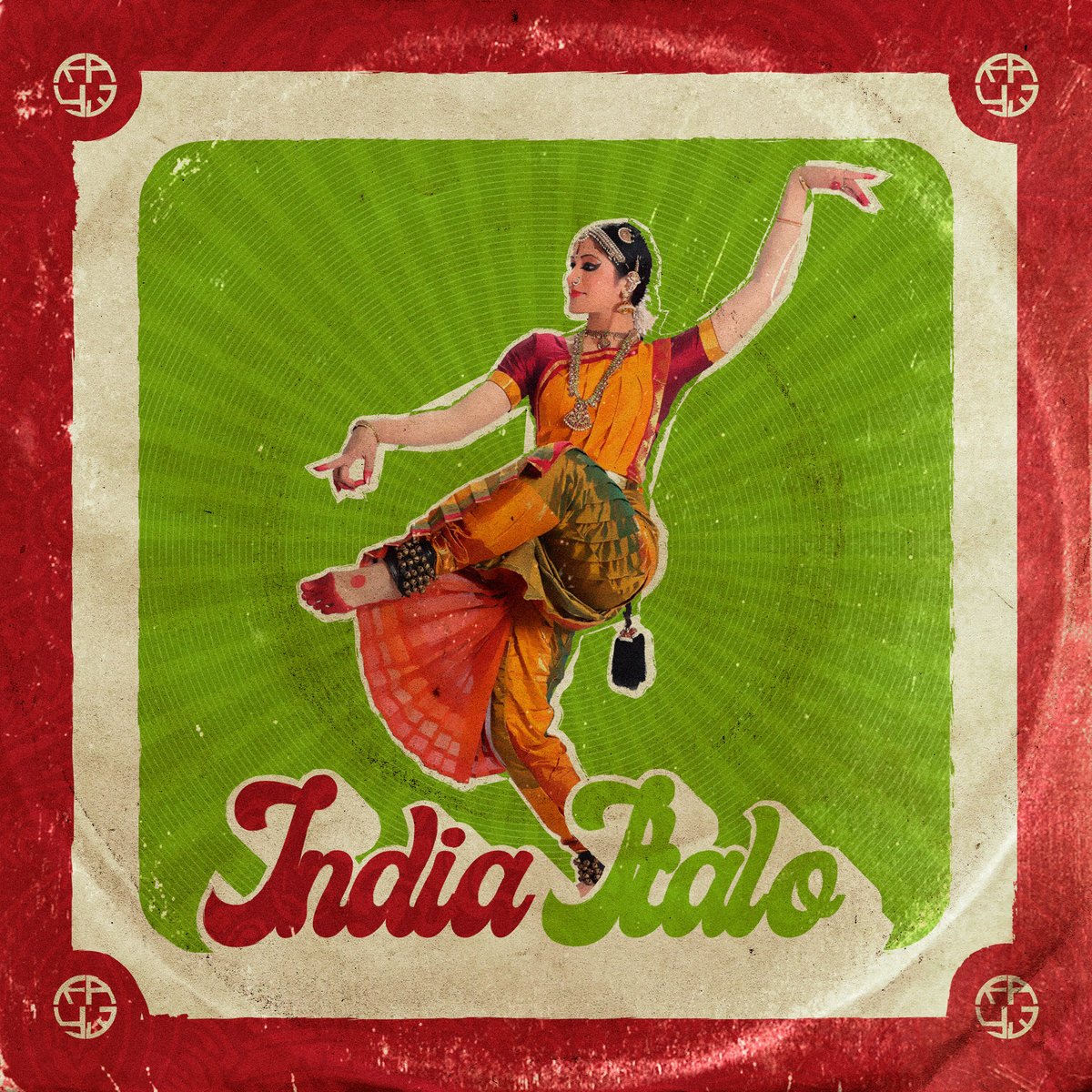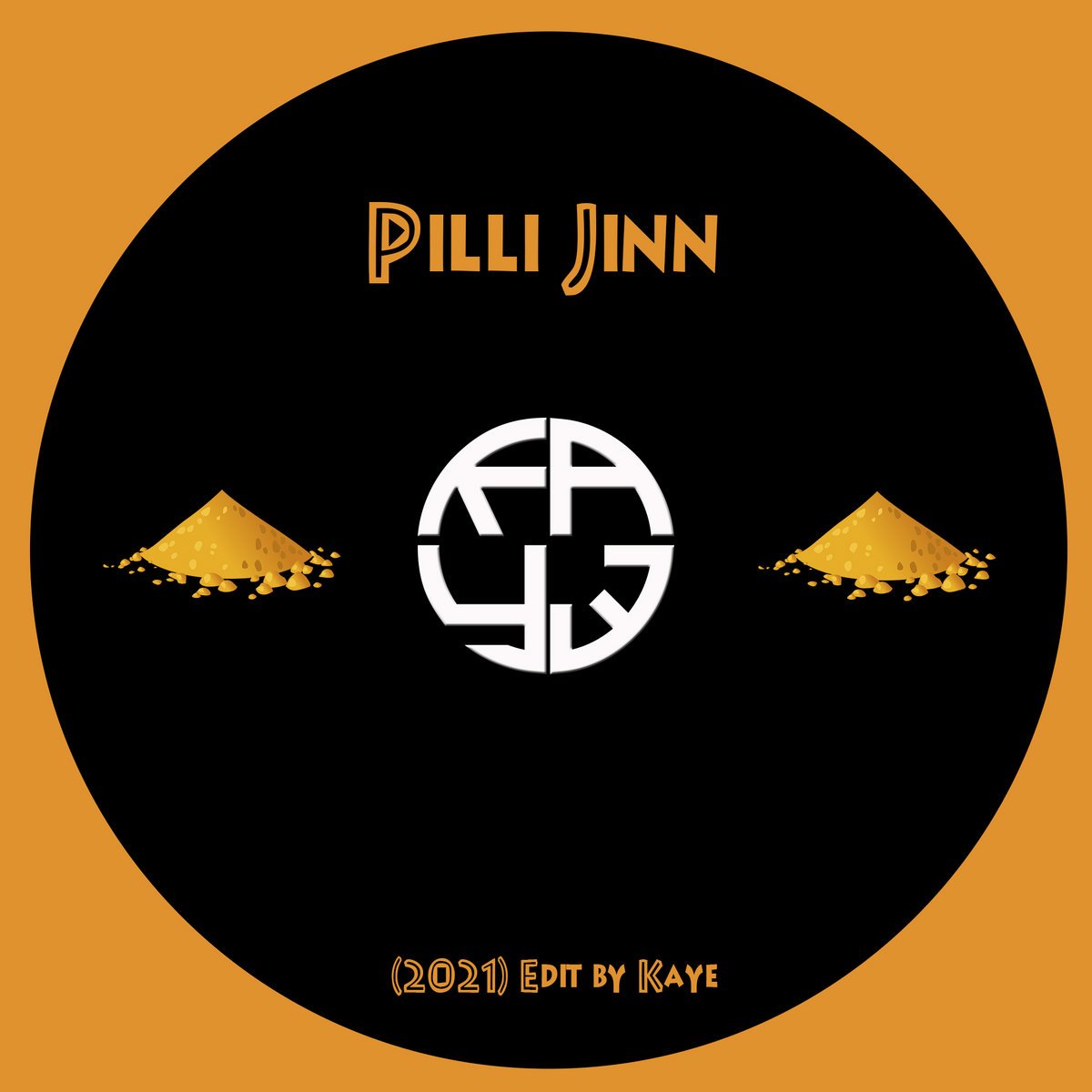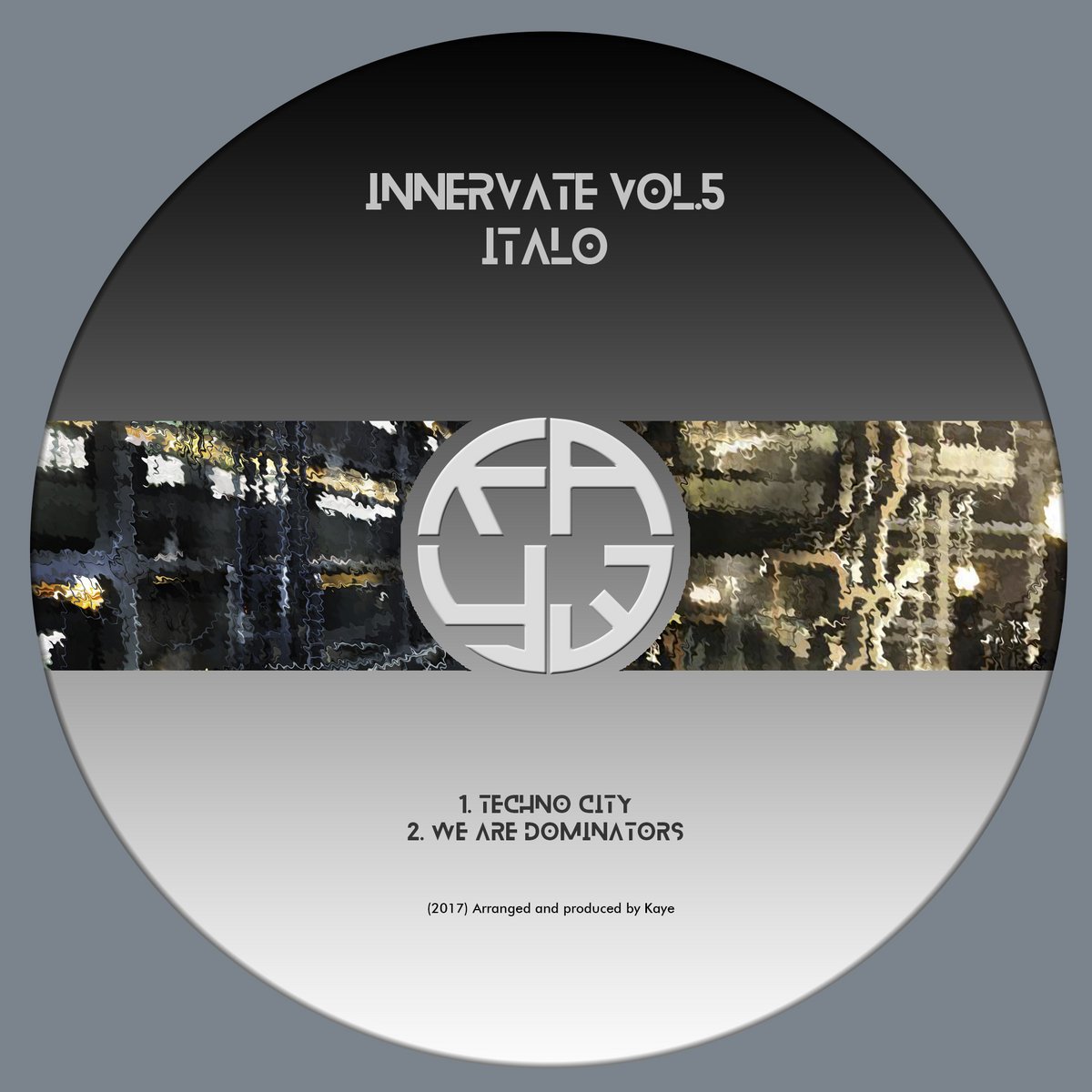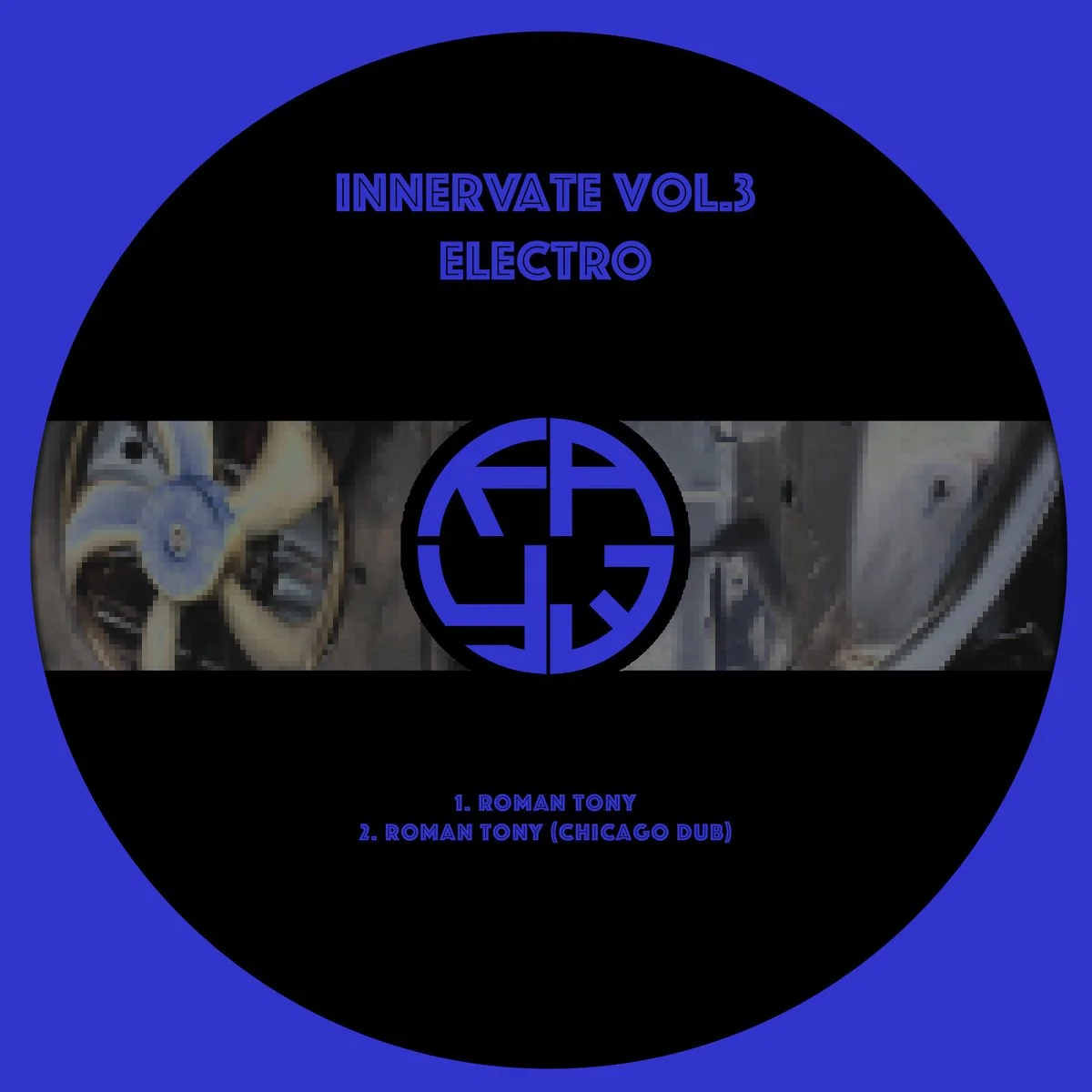The Kaye Way: The Scene Champion Addresses A Distant Dancefloor On His Debut LP
Survival and resilience: This is the Kaye way (Credit: Courtesy of Kaye)
There’s no sugarcoating it. The dancefloor is dead and the scene has been slaughtered. Feeling the palpable effects of this annihilation is Kaye, an enduring stalwart many know far too well – ‘enduring’ being the keyword here.
Like many others in the industry smacked hard by the authorities’ handling of the pandemic, Kaye AKA Kevin Guoh is barely keeping his chin up with the rising threat of musical obliteration. The fact that someone as accomplished and adroit as Kaye has to worry about his survival just shows the blind wrath of this endless crisis we’re in. Yet, the full-time, multi-tasking musician isn’t taking off his gloves just yet. Kaye turns negativity into creative energy, and he’s unleashed it in full force with his debut album (yes, you read that right) that’s finally emerged.
Kaye is respected as a brilliant DJ, producer, live performer and label co-head (Credit: Courtesy of Kaye)
In case you needed some context, Kaye is an immovable fixture who’s been in the music game for decades. As a performer, you’ll either catch him behind the decks operating an analogue techno workstation of gadgetry, or improvising solos with a saxophone or his trusty MIDI wind synth (his live jam sessions with KiNK have been legendary). And of course, Kaye is renowned as one of the co-founders of the Darker Than Wax label together with Dean Chew, who also co-exist together as the revered Cosa Nostra duo. On the production front, Kaye has released a bevy of originals, including his Innervate series where he explored everything from synthwave to Italo, and his beloved Bollywood-sampled edits that’ve gained global traction. It’s a surprise, then, that this scene warrior has yet to drop a proper full-length. For Kaye, that’s been the only silver lining of this pandemic.
Aptly titled Distant Dancefloor, Kaye’s debut LP is a ray of sunshine that attempts to eradicate the looming doom. He shoos it away by fusing what he loves best – solid melodies, spry basslines, temperamental solos and uplifting samples. You have “Right For Me”, a paradisiacal party-starter that releases Detroitian flavours, chopped up garage-y beats and a parade of soulful vocals. “All I Need” is a four-on-the-floor thumpersaurus that exudes sweaty warehouse vibes, leaving you drenched with dewy chordwork. “Sussy” is a cheeky number that boasts a core funk bassline and Kaye’s signature wind synth solos that you’ll recognise in an instant. And then there’s the harder, faster “Buno” which teases a more techno-inclined territory while keeping it jazzy with flowery electric pianos. Also featured on Distant Dancefloor are three reworks from Jun Kamoda, Cain and Ricky Razu; collaborators handpicked by Kaye himself to turn his creations into diverse detours.
Listening to Distant Dancefloor in its entirety is an absolute joy, but it is also a bittersweet experience. These are choons that’ll make you think “damn, I can’t wait to hear this pumped out in a club”… only to realise that you can’t. It’s an album overflowing with explosive potential; a jar of pressurised pandemonium that you know will incite havoc on the dancefloor. It’s an album of recollection, serving listeners a potent reminder of what our scene was and could be if it’s ever able to break from its chains. Being the expert selection guru he is, Kaye delivers what listeners would expect most from him, and that is a package of distilled wisdom that speaks to the room. We are sick of being locked in. Let this album be our soundtrack of rebellion.
Stepping up, Kaye now shares more about the motivations and grievances that went into the creation of this record, and how he’s trying his best to sustain a career in a toxic climate that’s neglected it.
Kaye has battled the ennui of the pandemic by working on his long-awaited debut album (Credit: Courtesy of Kaye)
Hey Kev. Big congratulations on the upcoming launch of your debut album. What was the impetus to finally release this after so many years in your career?
I know right?? I guess all this while, I was just eager to keep pushing out material. So every three to four tracks I got done, I’d just drop them – because impatient. But when COVID happened, things reaaaally slowed down for me, and I had so much time on my hands that I was able to finally create enough material at a go for an album.
Of course, this isn’t your first record released. How and where would you say Distant Dancefloor sits in relation to your previous EPs and Innervate series?
The Innervate series was conceived as a means to showcase my ability to produce different sub-genres of electronic music, so I explored disco-funk, electro, synthwave, Chicago house, ghetto, Afro and Italo-influenced house. The other EPs I’ve released over the years were mostly DJ-style edits, relying on heavy sampling of disco and soul classics.
Kaye’s new record is a rebellious gesture that rises above the lacklustre response to saving the music scene (Credit: Courtesy of Kaye)
The motivation of the album’s title is resoundingly clear. Did it, indeed, stem from a place of frustration with regards to the current state of the local music scene? Was the album a coping mechanism?
The tracks were created at the height of the pandemic when the world was in various forms of lockdown. At that time though, the sentiment wasn’t frustration, but rather a sombre acknowledgement that, indeed, the concept of a dancefloor was going to be pretty distant for a while. So I wanted to create material in anticipation of the moment when dancefloors return.
NOW though, the sentiment is entirely different. I’m incredibly frustrated, especially when I’m seeing pictures and videos of gigs and festivals happening in full swing elsewhere in the world, and in Singapore we’re just powerless to do anything in spite of being one of the most highly-vaxxed countries in the world. The powers that be just can’t seem to grow a pair and take the leap. Absolutely ridiculous.
“I wanted to create material in anticipation of the moment when dancefloors return".” (Credit: Courtesy of Kaye)
The album contains five new originals. Were these five tracks composed just for this album, or were these chiselled down from a larger list of demos?
I actually made slightly more than 10 tracks! Initially, the idea was to release 100% original material, but my team at DTW advised that the LP could have more mileage and clout if I were to rope in remixers. I thought it was a good idea so I went around shopping for other DJs/producers in my network who might be interested to do remixes. Thankfully they came through! Some of the remainder tracks have been contributed to other compilations (like the recent Mixmag selects comp).
You managed to obtain remixes from three guest acts. How were these collaborators selected?
Well I had to like their music to begin with! There were also some strategic choices, like putting my bet on a producer who I think is up-and-coming.
One standout characteristic of these tracks is their strong melodious element. When recording your own riffs and solos, is it a case of doing multiple takes of improvisation?
I’ve always been a sucker for catchy riffs and hooks, and an even bigger sucker for basslines, so all that obviously took centrestage during the process of production. As for the recording process, it was a mixture of me playing live on my MIDI wind synth, then stitching the best parts from different takes together. The other method I employed was playing keys, but since I’m not really a keyboard player, what I did was slow down the master tempo to a speed my clunky non-keyboard-playing fingers were able to handle… hah!
How has your experience as a saxophonist and live performer influenced the way you build your tracks and melodies?
It’s weird actually. This is the first time I’ve included so much of my live playing in my tracks. I almost never play over my own productions. Live at a gig it’s the same – when other DJs drop my tracks, I instantly stop playing! I don’t know why but there’s always been a disconnect between me making the music and me thinking of recording a solo over it. It hardly crosses my mind and I have no explanation for it.
Whether he’s on his live saxophone or MIDI wind synth, Kaye is known for his fluid solos that can complement any DJ (Credit: Zouk)
Now let’s talk about the sample choices in the album. Where were some of these samples plucked from and why?
I can’t reveal them because of clearance issues, but let’s just say they’re from my personal collection of a capellas and music collected over the years. I will share this pro tip though. If you’re concerned about sample detection in your productions, use Shazam as a tool to the point where it’s unable to detect the original anymore. Exactly what and how to treat the samples though? I’ll leave that to your own creativity to figure out!
Obviously, Distant Dancefloor is being released on Darker Than Wax which you co-own. Do you set the bar even higher when you release your own music on your label?
The bar should be set as high as possible no matter what.
Kaye performing with William J for a Darker Than Wax Brew party
Speaking of the label, how have you felt it’s grown through the years, and how has it shaped you personally?
We’re releasing more diverse sounds, and have matured into releasing vinyl as well. My role at the label is more of a backend and mentor-type role, and over the years I’ve had to pick up skills I never imagined that I would ever have to pick up. Like fuckin’ Microsoft Excel and book balancing. But for real though if anything, the most important takeaway is to not bend to the winds of trend changes. I’ve seen so many collectives and labels come and go over the years, but we’re still here. That should say something in itself.
You’ve racked up a lot of accolades over the years, including tracks that’ve received airplay overseas. What have been some of your favourite milestones?
Being a regular collaborator whenever KiNK would visit our shores is definitely one. I’ve jammed alongside him every single time he came to play except the very first time at Velvet. No rehearsals, no planning even. Pure unadulterated improvisation the whole night. You can’t fucking fake that.
Kaye’s jam sessions with KiNK have been legendary (Credit: The Council)
Besides KiNK, others in the industry I have mad respect for like Kenny Dope, Kerri Chandler, Gerd Janson and Motor City Drum Ensemble are just a few of the many I have played alongside over the years. It’s almost surreal because some of these guys were my heroes growing up, and what? I’m playing beside them right now during their set?? Crazy. Of course, I have to be eternally grateful that they were willing to take the chance and dive with me in the first place, but when they did, boy did we make some special moments on the dancefloor.
I’ve always lived by the code that if my music can move people (literally or figuratively), it doesn’t matter if it’s two, 20 or 2,000 people. I would have done my job as an artiste.
Click on the respective artwork to listen to Kaye’s past works.
And to finish up, do you still see music and audio production as a viable full-time career in Singapore considering the circumstances we’re in? How have you been managing, and what advice can you give to others in the industry?
In short, no. Even pre-COVID, it wasn’t really viable. Unless you’re willing to take on super commercial jobs and write cheesy and corny jingles, or enter the Chinese market, you can stop thinking about it right now. Besides, my income has never been from production, but rather from performing live. Production is purely a means for me to create and express myself as an artist without the need to worry about whether it will put money in the bank. The best advice I can give is to wear as many hats as you can and hustle, hustle, hustle, while you still have the energy to do so.
As far as managing goes, this is a very difficult question to answer. I’ve been doing Grab delivery for the income for more than half a year now, and the odd production and DJ lessons, and podcast-editing jobs here and there. But real talk – this isn’t pivoting. This is straight-up surviving. The G makes it sound very easy by telling us to pivot, but let’s look at Rails as a case study. They were forced to pivot right from the beginning, struggled and fought hard as hell for what, a year and a half? And now they’re gone. For some businesses, it’s just not sustainable. And with even more restrictions in place now for nightlife operators thanks to the recent KTV debacle, it’s going to be extremely difficult to open a club in Singapore from now on. Welcome to the new normal of open-air tea dances and getting shit-faced by 9pm.
“Do I have the mental strength and financial means to keep suffering in silence while waiting for what would seem like an eternity more?” (Credit: Kilo Lounge)
You know that song from The Clash, “Should I Stay Or Should I Go”? I feel like I’m singing it in my head to the government everyday. “If you say that you are mine / I’ll be here till the end of time’. As much as I want that to be the case, I’m feeling absolutely unwanted at this point of time, and that the government has zero priority (or even interest, for that matter) for people like me. “If I go there will be trouble / And if I stay it will be double”, because re-skilling after spending my entire working life in this industry is going to be tough as hell, but if I stay it will be double because there simply isn’t any light at the end of the tunnel. Do I have the mental strength and financial means to keep suffering in silence while waiting for what would seem like an eternity more?
We’ve already lost a fair number of musicians, DJs, and venues as a result of COVID and the hopelessness in the way the G is handling our situation. As long as the G keeps going down this route, entertainment and nightlife will die. F&B will die. Culture will die. Society will die.
(Credit: Courtesy of Kaye)
Listen to Distant Dancefloor by Kaye on Bandcamp now. Follow his Facebook and Instagram pages to stay updated with his activities.
